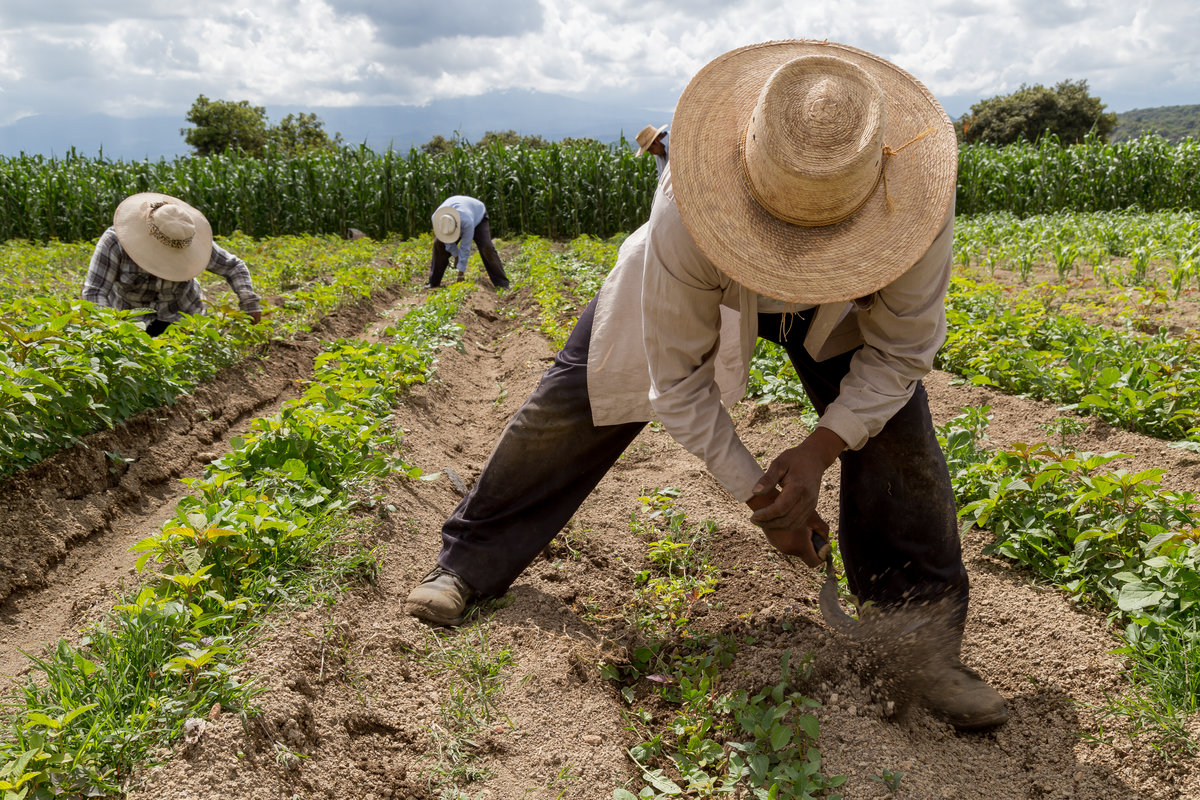Seasonal Agricultural Workers’ Rights After Injuries in Colorado
Colorado’s agricultural industry depends heavily on seasonal workers who harvest crops, tend livestock, and perform labor-intensive tasks. When these workers suffer injuries on the job, understanding their legal rights becomes critical. Unlike many states that exempt agricultural workers from workers’ compensation coverage, Colorado requires most farm employers to provide benefits, but navigating the system presents unique challenges for seasonal workers who may face language barriers, temporary employment status, and unfamiliarity with Colorado law.
Agriculture ranks among the nation’s most dangerous industries, with fatality rates exceeding those of law enforcement officers. Colorado workers’ compensation law generally covers agricultural workers, but seasonal employees must understand their specific rights and the steps necessary to protect their claims when injuries occur.
Colorado’s Broad Coverage for Agricultural Workers
Colorado is one of only 14 states requiring employers to carry workers’ compensation coverage for all agricultural workers without exception. This means farm employers with even one employee must provide insurance coverage, protecting seasonal workers alongside permanent staff. The law presumes that anyone hired to provide services for pay qualifies as an employee, including family members working on family-owned farms. This broad coverage protects seasonal workers performing various agricultural tasks, from field work and harvesting to livestock handling and equipment operation.
Federal law adds another layer of protection for workers employed under the H-2A temporary agricultural program. Employers hiring H-2A workers must provide workers’ compensation to all employees, not just those on H-2A visas. This requirement ensures that bringing in temporary foreign workers doesn’t leave domestic seasonal workers without coverage.
Common Hazards Facing Farm Workers
Farm work exposes employees to numerous hazards that make agriculture one of the nation’s most dangerous occupations. Transportation-related accidents lead fatal injury statistics, with tractor rollovers particularly deadly when equipment lacks rollover protective structures. Equipment and machinery operation causes numerous injuries beyond fatalities, from crush injuries to amputations when workers encounter moving parts without proper safety guards. Livestock handling creates unpredictable dangers, with animals that may kick, bite, or trample workers unexpectedly.
Chemical pesticide exposure presents both immediate and long-term health risks, potentially causing respiratory conditions, skin diseases, and other occupational illnesses that develop over time. Overexertion injuries affect seasonal workers who perform strenuous labor for extended periods, resulting in muscle strains, back injuries, and repetitive stress conditions like carpal tunnel syndrome. The physical demands of bending, lifting, and performing repetitive motions for hours daily during peak harvest seasons take a significant toll on workers’ bodies.
Reporting Injuries and Understanding Deadlines
Colorado law gives injured workers ten days to report workplace injuries to their employers in writing. This deadline applies to agricultural workers just as it does to employees in other industries. The reporting period begins when the injury occurs, not when you realize its full severity, so prompt notification protects your rights even if you initially believe the injury is minor. Your employer must then notify their workers’ compensation insurer immediately after receiving your injury report.
For occupational diseases that develop gradually from workplace exposures, different rules apply. You must report these conditions upon manifestation, meaning when you first become aware the disease may be work-related. You also have two years from the injury date to file a formal workers’ compensation claim if necessary, though prompt action always serves your interests better. Keep copies of all written injury reports you submit to your employer for your records.
Benefits Available to Injured Seasonal Workers
Injured agricultural workers may receive several types of compensation through Colorado’s workers’ compensation system. Medical benefits cover all necessary treatment, including doctor visits, hospitalizations, procedures, rehabilitation, and transportation to medical appointments. Lost wage benefits replace two-thirds of your average weekly wage when injuries prevent you from working, whether temporarily or permanently.
These wage replacement benefits fall into different categories based on your disability type and duration. Temporary benefits apply during your recovery period, while permanent disability benefits compensate for lasting impairments. Disfigurement benefits provide additional compensation for permanent visible scarring resulting from work-related injuries. For injuries occurring after July 1, 2025, standard disfigurement awards cap at $7,394.64, while extensive disfigurement reaches $14,786.65.
Protecting Your Rights After a Farm Injury
Report your injury to your employer in writing immediately, even if the injury seems minor. Keep a copy of your written notice for your records. Seek medical attention promptly and follow all treatment recommendations, making sure to tell the doctor your injury happened at work. Document everything related to your employment and injury, including pay stubs showing your wages, medical records and bills, photos of visible injuries, and the names of any witnesses who saw the accident occur.
Seasonal workers face unique obstacles, including language barriers that complicate reporting injuries and communicating with medical providers, concerns about retaliation or not being rehired, and practical challenges accessing medical care in rural agricultural areas. Despite these challenges, Colorado law protects your right to file workers’ compensation claims without fear of retaliation. Don’t let temporary employment status or immigration concerns prevent you from seeking the benefits you deserve for your workplace injuries.
Get Help from Mintz Law Firm
Seasonal agricultural workers face unique challenges when injured on Colorado farms, from language barriers to concerns about employment status. At Mintz Law Firm, we understand the obstacles agricultural workers encounter and work diligently to protect their rights. Our attorneys have extensive experience handling workers’ compensation cases for employees across all industries, including agriculture.
We help injured seasonal workers navigate the claims process, communicate with employers and insurers, and fight for full benefits when claims are disputed. Whether you’ve suffered equipment injuries, livestock-related harm, or occupational illnesses from workplace exposures, we’re here to ensure you receive the compensation you deserve. Contact our team today to schedule a free consultation and learn how we can help with your agricultural injury claim.

